Question And Answer
Publications
Articles, publications, books, tools and multimedia features from the U.S. Institute of Peace provide the latest news, analysis, research findings, practitioner guides and reports, all related to the conflict zones and issues that are at the center of the Institute’s work to prevent and reduce violent conflict.
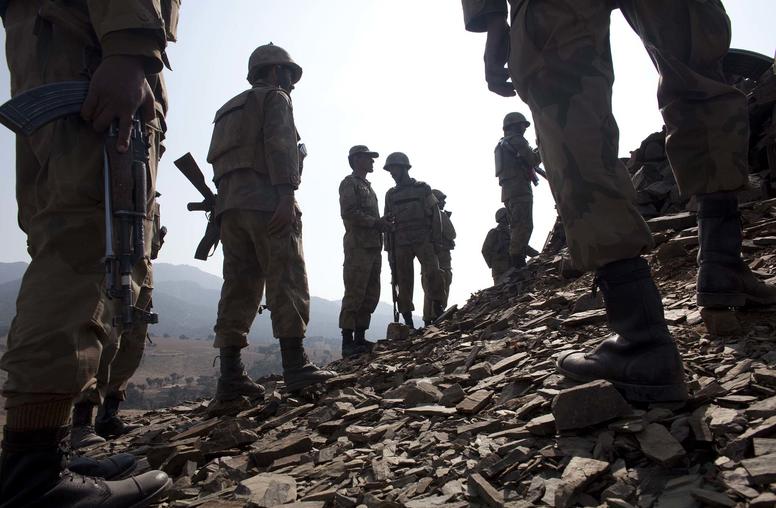
Biden and Washington’s Perennial Pakistan Problem
Among the many challenges facing the Biden administration will be addressing the infamously dysfunctional U.S.-Pakistan relationship. Anyone familiar with how Islamabad and Washington have interacted over the last 74 years will resort to tired metaphors: a roller-coaster ride, a sine wave, the dynamic between an overbearing mother-in-law and her daughter-in-law. These clichés reflect the reality that the relationship has rarely been stable and usually is either declining precipitously or accelerating unsustainably. The challenge for the new administration will be to find a way to work productively with Pakistan without oscillating between peaks of enthusiasm and depths of cynicism.
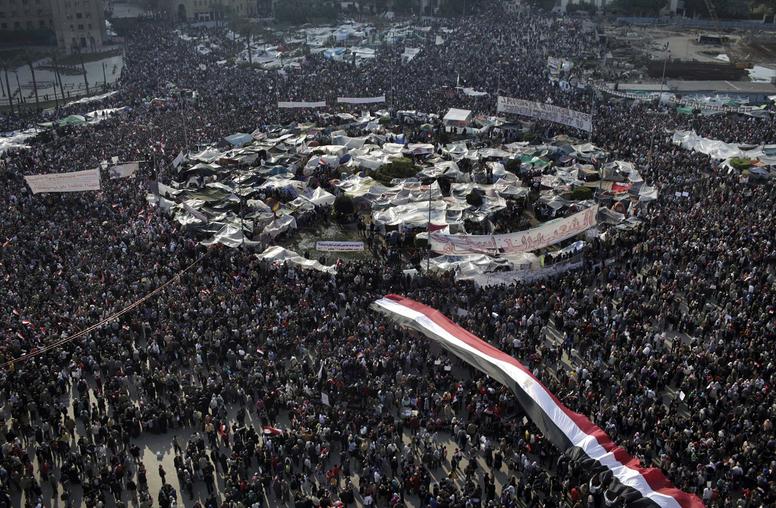
The Arab Uprisings 10 Years Later: In Pursuit of Legitimacy
Ten years ago, a wave of unprecedented unrest ignited the Middle East and North Africa (MENA) region as citizens took a stand against regimes with a long history of authoritarianism and fraying socioeconomic stability. Ever since, there has been an abundance of analysis surrounding the impact of the Arab uprisings on MENA countries. But one critical element of a thorough reflection is missing: Why have the post-2011 governments—transitional and elected—been unsuccessful in fulfilling the expectations of their people?
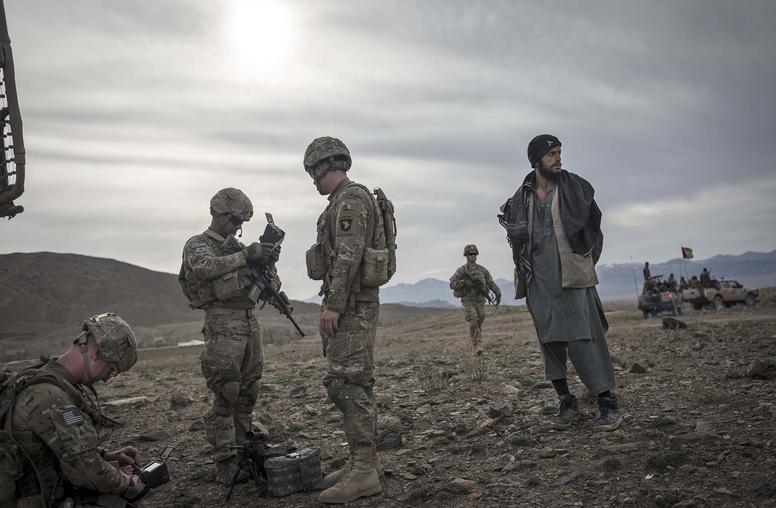
Afghanistan Withdrawal Should Be Based on Progress on Peace, Study Group Says
The Biden administration should commit to the Afghan peace process but seek an extension of the May troop withdrawal deadline stipulated in the February 2020 U.S.-Taliban deal, said the bipartisan Afg
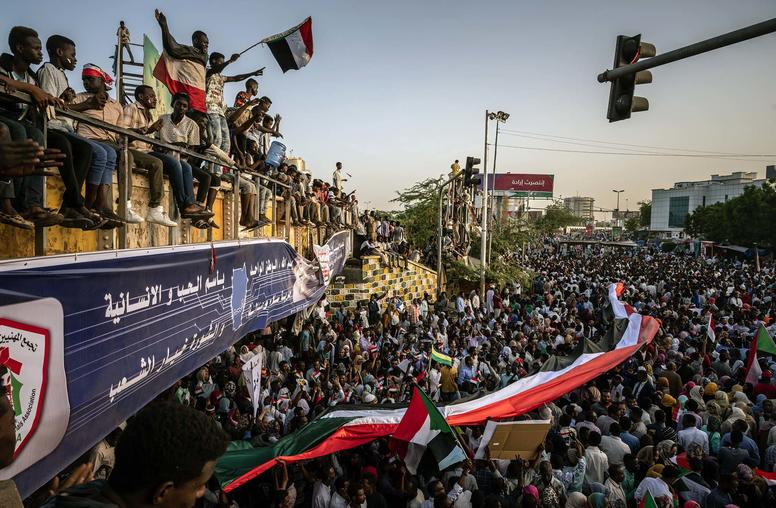
What Does Sudan’s New Cabinet Mean for its Transition?
The announcement on February 8 of a new Cabinet in Khartoum—the product of a peace accord signed by Sudan’s transitional government with several armed groups in October 2020 through a deal brokered by South Sudan—offers hope that the broader inclusion of political leaders can help address Sudan’s pressing challenges and create peace dividends. Unfortunately, the lengthy process of selecting new Cabinet members revealed additional fractures among both signatories to the peace deal and civilian political elements that seemingly offer competing visions for the transition and beyond.
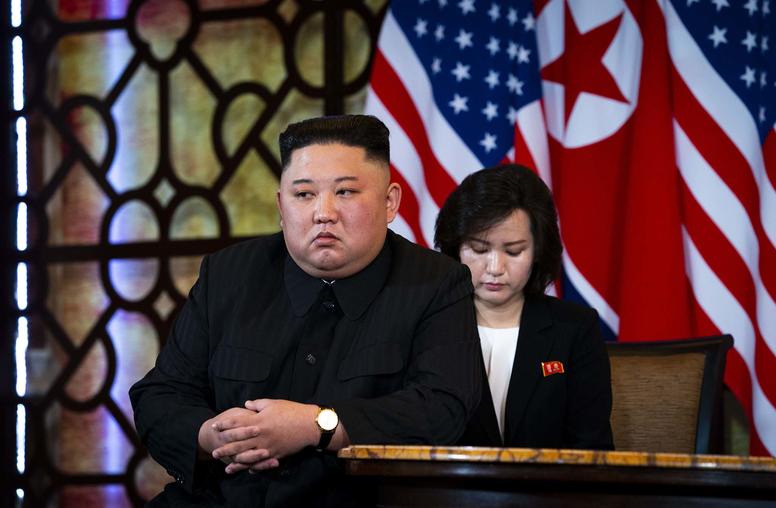
It’s Time to Get Real on North Korea
Weeks after North Korean leader Kim Jong Un vowed to dramatically upgrade his nuclear arsenal, the Biden administration is reviewing U.S. policy on North Korea. A reality check is overdue. The Trump administration’s headline-grabbing threats and summits were just new packaging for the decades-old approach of expecting Beijing’s help to pressure Pyongyang to surrender its nuclear program. This failed again, and North Korea’s threatening capabilities grew. The Biden administration should—and can—establish a more pragmatic, realistic policy to urgently counter this threat, shore up stability, avoid war and advance a deeper, longer game of fundamental change in North Korea.
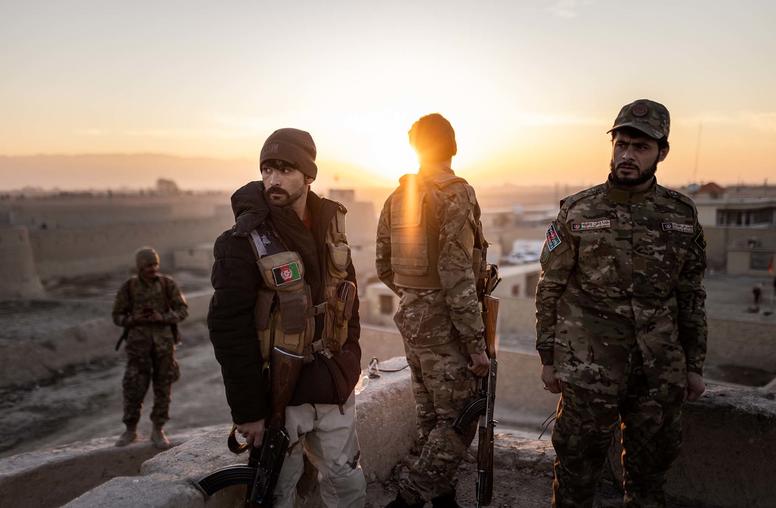
How to Prevent Fresh Hostilities as Afghan Peace Talks Progress
Many peace processes experience at least short-term reversions to violence. Even a successful Afghan peace process will be at risk of the same, especially in the likely event that the United States and its allies continue to withdraw troops from Afghanistan. Ideally, such troop reductions would move in parallel with de-escalatory measures by the Taliban and other armed actors on the ground. A healthy dose of realism is in order, however. Though the Taliban and others in Afghanistan are unlikely to ever fully disarm or demobilize, persistent resources and attention from the United States and its allies can help prevent any regression to full-scale violence during the years of any peace agreement’s implementation.
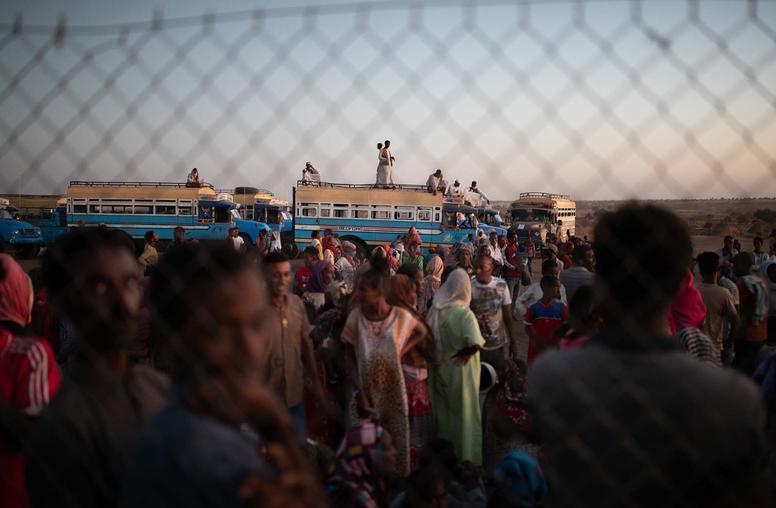
Five Ways to Set Up a Special Envoy for Success in the Horn of Africa
When in doubt, dispatch an envoy. That’s become an old diplomatic standby, and it is currently under consideration for the Horn of Africa, where a civil war rages in Ethiopia and has ensnared neighboring Eritrea, Somalia, and Sudan. The conflict, which broke out in November 2020, has left millions in dire need of lifesaving humanitarian assistance. The U.N. special adviser on the prevention of genocide recently warned that “the risk of atrocity crimes in Ethiopia remains high and likely to get worse.” If the crisis continues to fester, it will have grave consequences for U.S. interests in a region situated on the crossroads between Africa, Europe, and the Middle East.
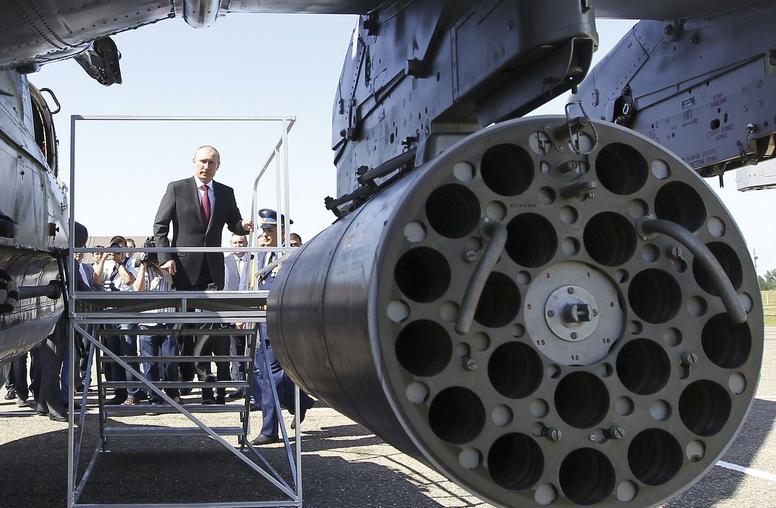
What is Russia’s Endgame in Syria?
Five years into Russia’s military intervention in Syria, understanding Moscow’s endgame could provide critical insights into the decade-long conflict’s trajectory, as well as Russia’s posture in the Middle East and beyond. Although still evolving and subject to internal debates, Moscow’s Syria strategy appears to be centered on a “spheres of influence” model. In this model, Syria is divided into distinct realms under the sway of competing external patrons.
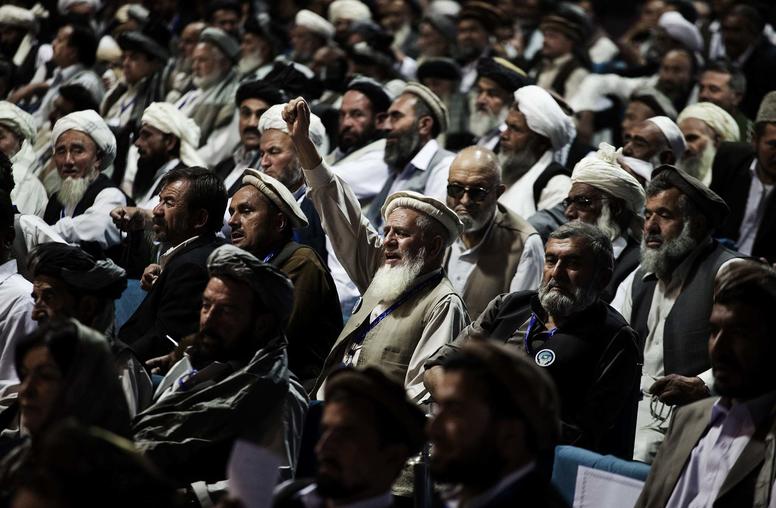
Afghan Peace Talks: Could a Third-Party Mediator Help?
At present, the Afghan peace negotiations (APN) between the Afghan government and the Taliban do not involve any third-party presence beyond hosting and supporting roles. The parties to the conflict and members of the international community might consider the benefits of a neutral, third-party mediator to help resolve the impasses that have dogged and delayed the negotiations so far. While the presence of a mediator does not guarantee success, there are very few examples of a significant peace agreement that has been reached without some sort of third-party facilitation or mediation.
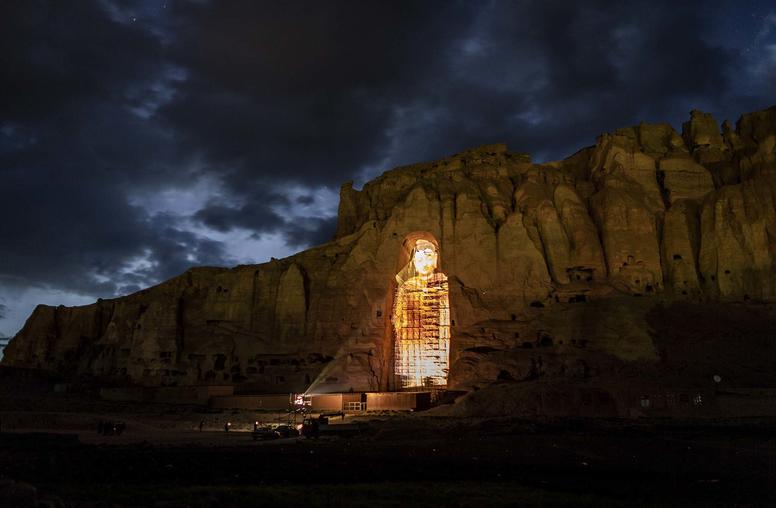
Missing Piece of the Puzzle: Preserving Religious Diversity by Protecting the Past
The United Nations General Assembly in January adopted a noteworthy resolution, “Promoting a Culture of Peace and Tolerance to Safeguard Religious Sites,” highlighting the often-ignored nexus between protection of cultural heritage and preservation of religious pluralism and peaceful coexistence. The resolution’s aims are broad, calling for “strengthened international efforts to foster a global dialogue on the promotion of a culture of tolerance and peace at all levels.” But it also mandates the U.N. secretary-general to convene an international conference focusing on the “United Nations Plan of Action to Safeguard Religious Sites.”